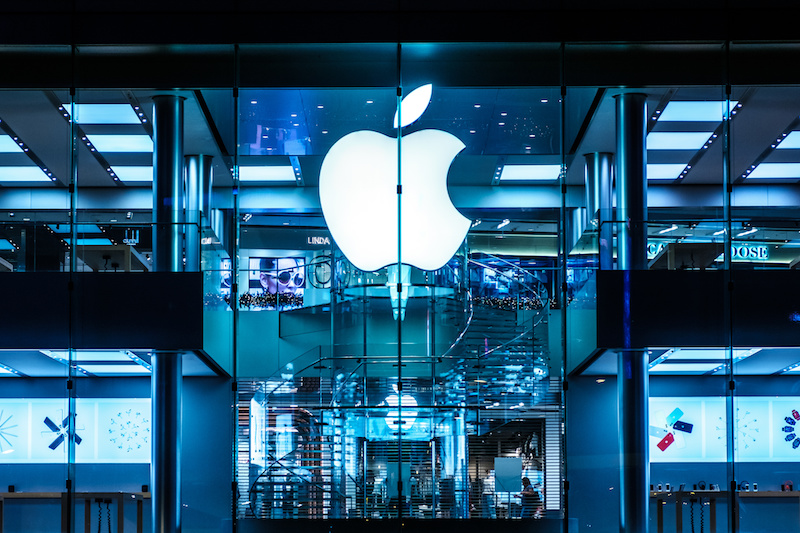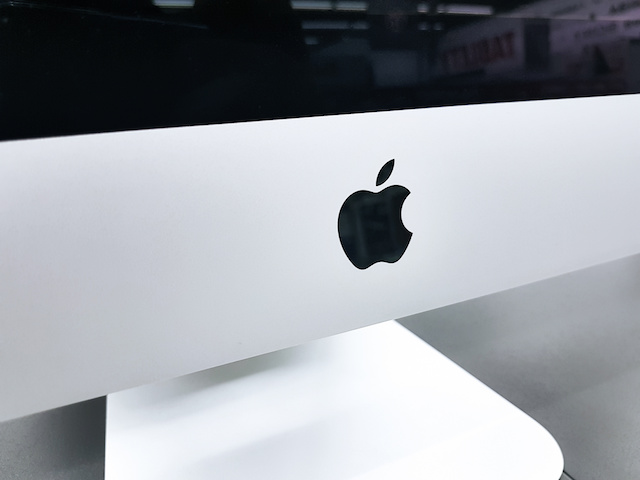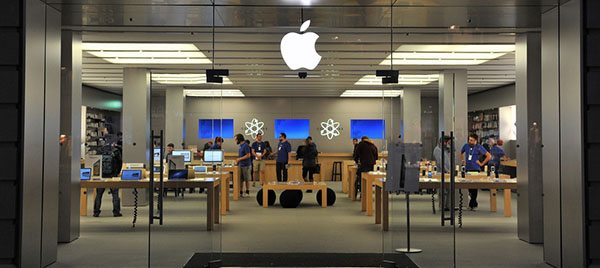Security News

A team of vulnerability spotters have netted themselves a six-figure payout from Apple after discovering dozens security holes in the Cupertino giant's computer systems, some of which could have been exploited to steal iOS source code, and more. Curry said the group decided to target Apple's public-facing networks in July, a few weeks after seeing the story of Bhavuk Jain, who earned $100,000 for finding a bug in Apple's customer sign-in system.

A team of researchers has received hundreds of thousands of dollars in bug bounties from Apple for reporting 55 vulnerabilities, including ones that exposed source code, employee and customer apps, warehouse software, and iCloud accounts. Researchers Sam Curry, Brett Buerhaus, Ben Sadeghipour, Samuel Erb and Tanner Barnes decided in early July to take part in Apple's bug bounty program and attempt to find as many vulnerabilities as possible in the tech giant's systems and services.

Among the flaws found in core portions of Apple's infrastructure includes ones that would have allowed an attacker to: "Fully compromise both customer and employee applications; launch a worm capable of automatically taking over a victim's iCloud account; retrieve source code for internal Apple projects; fully compromise an industrial control warehouse software used by Apple; and take over the sessions of Apple employees with the capability of accessing management tools and sensitive resources," he wrote. iCloud is an automatic storage mechanism for photos, videos, documents, and app related data for Apple products.

A team of five security researchers analyzed several Apple online services for three months and found as many as 55 vulnerabilities, 11 of which are critical in severity. The flaws - including 29 high severity, 13 medium severity, and 2 low severity vulnerabilities - could have allowed an attacker to "Fully compromise both customer and employee applications, launch a worm capable of automatically taking over a victim's iCloud account, retrieve source code for internal Apple projects, fully compromise an industrial control warehouse software used by Apple, and take over the sessions of Apple employees with the capability of accessing management tools and sensitive resources."

Apple's T2 security chip is insecure and cannot be fixed, a group of security researchers report. Over the past three years, a handful of hackers have delved into the inner workings of the custom silicon, fitted inside recent Macs, and found that they can use an exploit developed for iPhone jailbreaking, checkm8, in conjunction with a memory controller vulnerability known as blackbird, to compromise the T2 on macOS computers.

A researcher is claiming that Apple devices - with a macOS operating system and a T2 security chip - are open to an exploit that could give bad actors root access. The flaw stems from the T2 chip, which is the second-generation version of Apple's chip that provides bolstered security - including securing its Touch ID feature, as well as providing the foundation for encrypted storage and secure boot capabilities.

Apple on Thursday informed customers that it patched a total of four vulnerabilities across macOS Catalina, High Sierra and Mojave. Apple says exploitation of the flaw, which involves the processing of a malicious USD file, could lead to arbitrary code execution or a DoS condition.

Sadly what works for legitimate businesses almost always works for cybercriminals too, so there are plenty of crooks still using SMSes for phishing - an attack that's wryly known as smishing. Your phone's operating system will happily recognise when the text in an SMS looks like a URL and automatically make it clickable for you.

A mobile phishing campaign is spreading via text messages purporting to come from an Apple chatbot - and offering "Free trials" of iPhone 12. Clicking the link triggers an interaction - via multiple texts - with a supposed "Apple chatbot."

Apple has updated its iOS and iPadOS operating systems, which addressed a wide range of flaws in its iPhone, iPad and iPod devices. In total, Apple addressed 11 bugs in products and components, including AppleAVD, Apple Keyboard, WebKit and Siri.